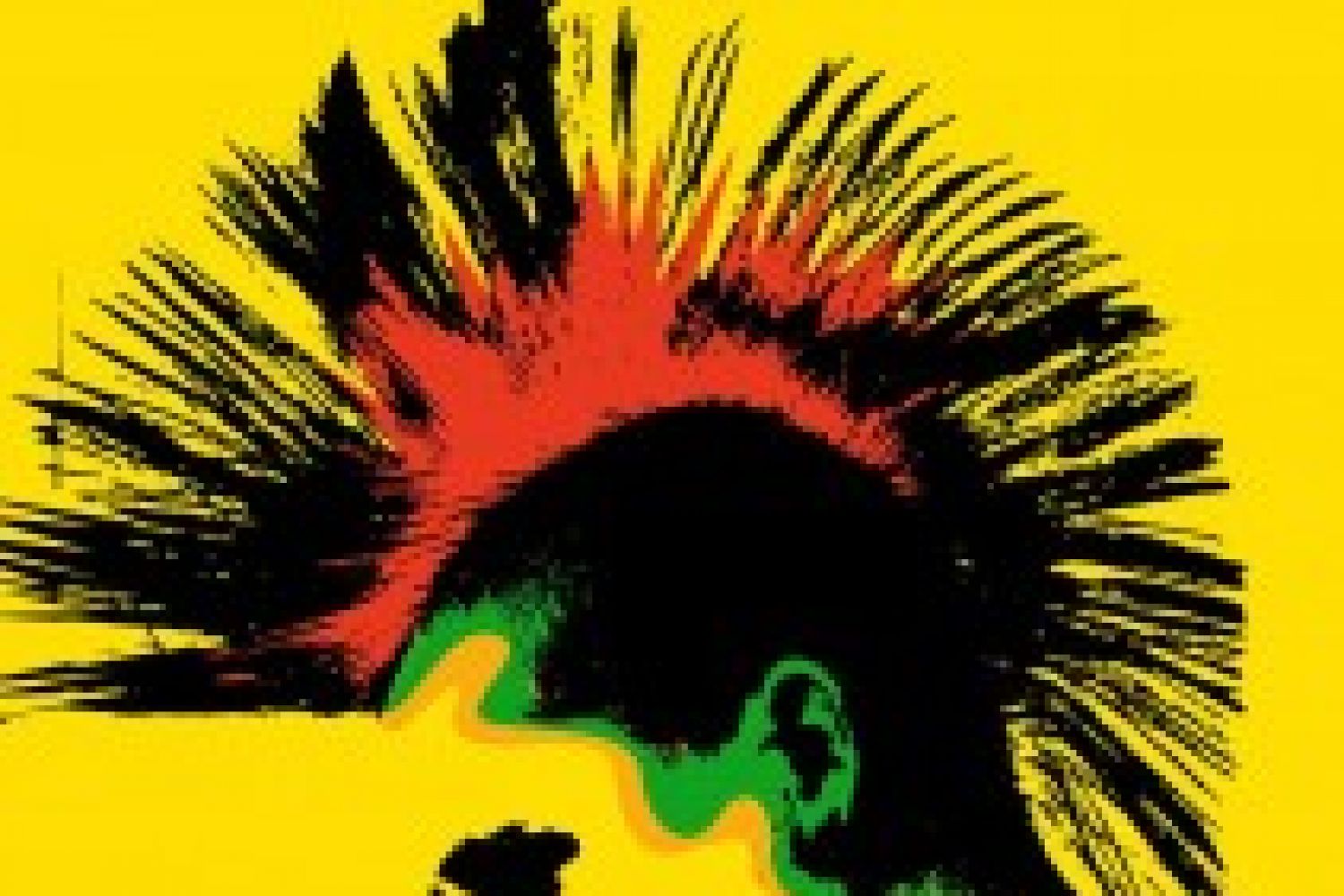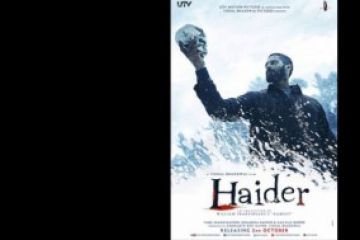
Punks in Indonesia
negotiate many identities. Some Muslim punks wear mohawks over their hijabs.
Others shave theirs off before entering mosques or coming home to see their parents.
Others do not care at all and sport their punk attire and bare their tattoos
everywhere they go. Often, they are discriminated against based on their
appearance and there is an increasing backlash against punks from conservative
forces in the country.
In June 2016, the
Demak branch of Nadhlatul Ulama, Indones
Continue reading “Punks are an endangered species in Indonesia”
Read this story with a subscription.





